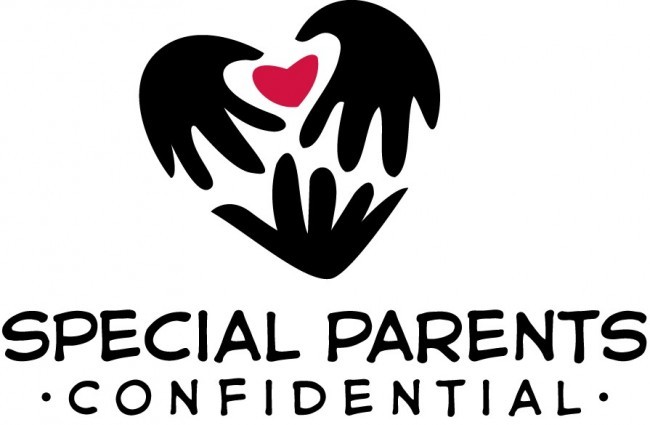Parent Problems
Parents of special needs children face problems that few others can understand. Extraordinary joy and crushing despair, sometimes in the same day, the same hour, the same moment. One thing is true, people who relate the best to these moments are other parents of special needs children. We have a bond that, while often unspoken, is a shared knowledge that ‘this is our life’ and we all know exactly what it’s like.
For those who are just starting out on their journey with a special needs child, the fear and uncertainty can be very daunting. How do you cope? Where do you look for help? Who can you trust? And possibly the most important question of all, who understands what this means?
To help answer those questions, Donna Kirk has returned for another interview episode. Donna was my guest in Special Parents Confidential Episode 23, in which she talked about her book, Finding Matthew, the story of her son who was born with severe brain damage. She and her husband, Ed, experienced everything a parent of a special needs child could face. A terrible life-altering diagnosis, years and years of therapies, trying to find help for their son, watching him struggle into adulthood, and finally facing the hardest loss of all, the death of their special needs child.
After we finished the interview for that episode, Donna contacted me again and asked if she could talk about the lessons she learned and how they might help parents who are currently struggling and trying to cope with the emotional rollercoaster that raising a special needs child can cause. Top of the list for any parent, honesty and communication.
For more resources on specific issues, check out our Helpful Links page.
As always a reminder that if you like this episode of Special Parents Confidential or any episode we’ve done, please share our site with your friends, family, and all your connections on social media. You can do this easily with the social media buttons located on this page. Like us on Facebook, follow us on Twitter, add us on Google Plus, Tumbler, Linked In, Pintrest, Stumble Upon, Reddit, or other social media sites that you use. You can also sign up for our email service and have new posts and podcast episodes delivered right to your inbox the moment they’re available online. You’ll find the form to do that to the right of this posting. We’re also on iTunes, Stitcher, and Poddirectory as a free subscription and if you have a moment, feel free to write a review about our podcast there. Anything you can do to help spread the word about Special Parents Confidential will help us be able to continue these podcasts.
Podcast: Play in new window | Download
Subscribe: RSS


